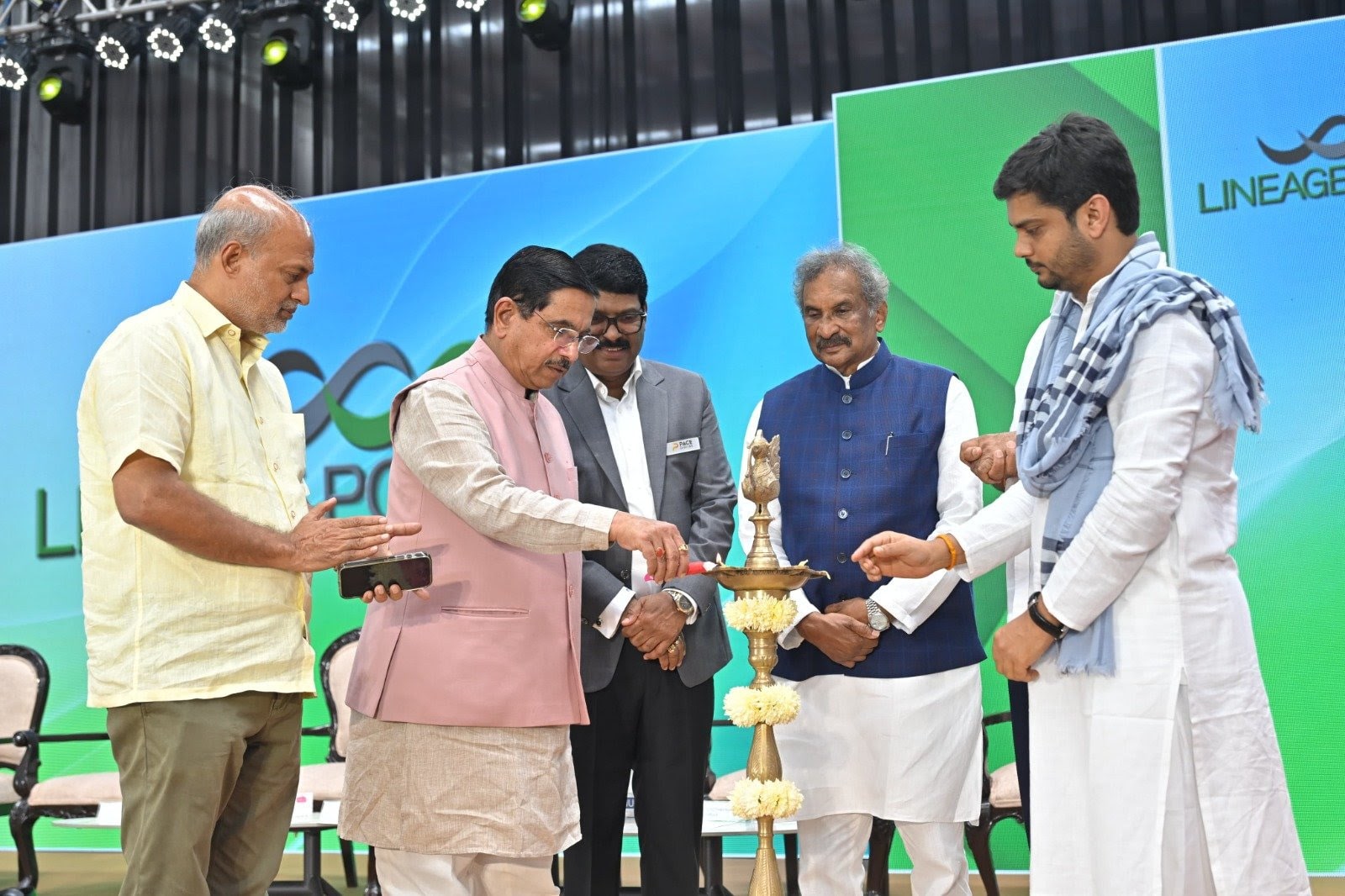
The Battery Energy Storage Systems (BESS) Manufacturing Facility has become functional in Bidadi Industrial Area, Bengaluru.
It was inaugurated by Union Minister for New and Renewable Energy Shri Pralhad Joshi in Bengaluru on Friday.
Shri Joshi termed this launch of a factory, as a Promise for cleaner energy, Promise for greater grid resilience and a Promise for India’s leadership in the global energy storage market.
While underlining theytarget of 500 GW of non-fossil fuel capacity by 2030 set by Prime Minister Shri Narendra Modi, Shri Joshi said that as more renewable energy comes into our grid, having reliable storage is more important than ever. “The facilities like the one we are inaugurating today are so important. They are critical to turning our vision into reality. This BESS plant is truly a state-of-the-art establishment. With an annual manufacturing capacity of 5 GWh, it stands among the largest and most advanced BESS facilities in the country,” said the minister.
“Its fully automated cell-to-pack assembly line marks a shift towards precision-driven, high-quality production, with minimal human intervention but maximum efficiency and consistency,” added the minister. The minister expressed the confidence that such systems will support grid stability, enable renewable integration, manage peak demand, and help maintain frequency regulation.
The minister said that according to the India Energy Storage Alliance, the country’s energy storage sector is likely to attract ₹4.79 lakh crore investment by 2032. The CEA estimates a project requirement of 411.4 GWh (175.18 GWh from PSP and 236.22 GWh from BESS) of energy storage systems by 2032.
“As India rolls out the VGF scheme for battery storage and works with stakeholders across sectors to grow the storage market, having world-class manufacturing like this will be very important. It will help meet rising demand, reduce imports, and make our power grid more efficient,” he added. Our renewable capacity is growing fast: we are adding 25–30 GW every year. But without storage, we will either waste that energy or fall back on coal when renewables dip. BESS is how we make our grid strong, stable, and smart.

“I believe that India can become a global manufacturing hub for BESS, from batteries and inverters to software and control systems. Between 2022 and 2032, India plans to add over 47 GW of battery storage capacity, with a total investment of around ₹3.5 lakh crore,” said the minister. The strong policy support by the Govt, along with private sector investments, shows that India is serious about a renewable future. At the same time, we are building the storage systems needed to make that future stable and dependable.